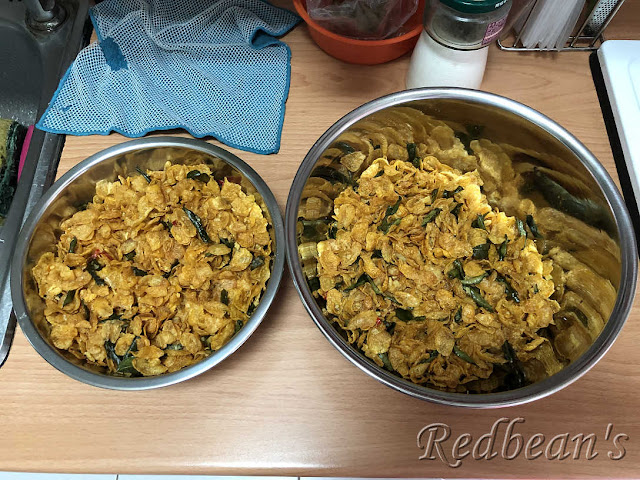(華文)
在台灣和華社,很多祖父母知道媳婦不是自己的小孩,她們是家人但沒有血緣關係。祖父母和父母競爭與孙子的親近程度時有所聞。對於這類祖父母,他們不信任媳婦,不想和他們有血緣關係的孙子和媳婦,即孙子的媽媽,有親密的關係,更有的,不讓孙子和母方的家人親近。
(English)
In Taiwan
(Español)
En Taiwán y comunidades
chinas, muchas abuelos tienen la idea que las nueras no son sus hijas. Son
miembros de familia pero no tienen relación genética. Es comón que los abuelos
compiten con los padres para estar más cerca emocionalmente con los nietos.
Para este tipo de gente, no confían en las nueras. No quieren que los nietos,
quienes tienen relación genética con ellas, tengan intimidad con las nueras,
también las madres de los nietos. Además, no quieren que los nietos estén cerca
con la familia de sus madres.
(華文)
最近,馬來西亞的華社有點不一樣,有外祖父母不讓孙子親近父方家人。這兩種情形都不健康。
(English)
Now, in Chinese communities in Malaysia
(Español)
Ahora, en
comunidades chinas en Malasia, hay un poco diferencia. Hay abuelos maternos que
no quieren que los nietos visiten la familia de sus padres. Ninguno de ellos es
saludable.
(華文)
最特別的是有的祖父母會利用托育照顧來佔據孙子,有的,特別是祖母,甚至願意免費照顧孙子。另外,也有很多年輕人認為照顧孙子是祖父母的義務。這反映了很多華人的人我界限不清楚和父母有很大的控制權,即使他們的小孩已經成年。再加上華人很強調血緣,所以對很多人來說,公婆和媳婦很難友好。
(English)
The most interesting is that the grandparents
occupy the grandchildren by taking care of them. Some grandparents, especially
grandmothers, offer to take care of the grandchildren, sometimes for free.
Moreover, a lot of the young people think that taking care of the grandchildren
is an obligation of the grandparents. This reflects that a lot of Chinese don’t
have clear personal boundary and the parents control a lot although the
children are adults. Moreover, Chinese emphasize the genetic relationship a
lot. So, parents-in-laws and daughter-in-laws are hard to be friends for some
people.
(Español)
El más
interesante es que los abuelos ocupan los nietos para cuidarlos. Muchos
abuelos, especialmente abuelas, se ofrecen para cuidar a los nietos, a veces,
gratis. Además, muchos jovenes creen que cuidar a los nietos es obligación de
los abuelos. Eso refleja que muchos chinos no tengan límite personal claro y
los padres controlan más aunque los hijos sean adultos. Además, los chinos
enfatizan la relación genéticamente mucho. Por eso, suegros y nueras son
díficil de ser amigos para mucha gente.
(Corregido por
profesor Fernando)










